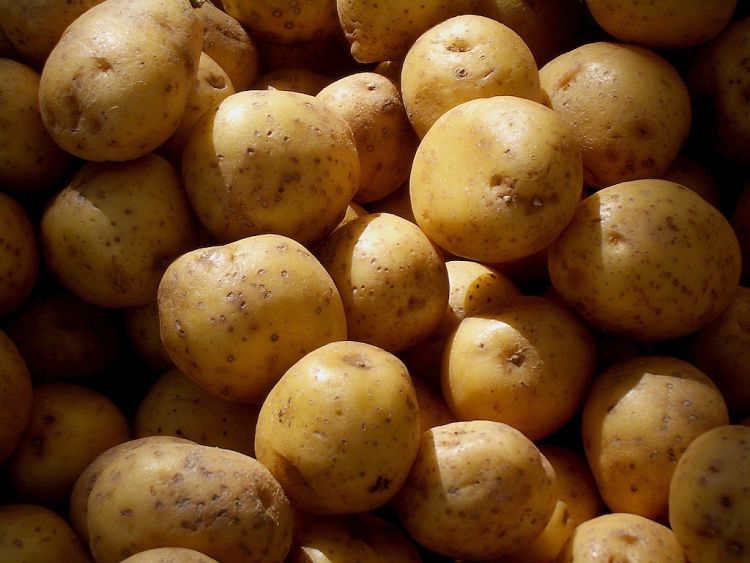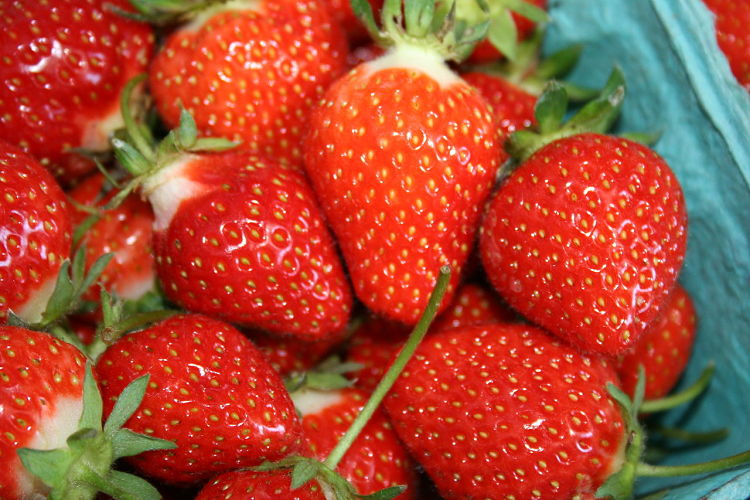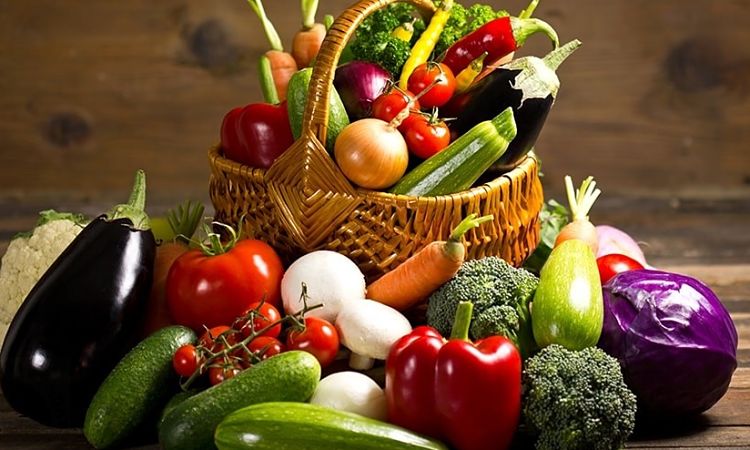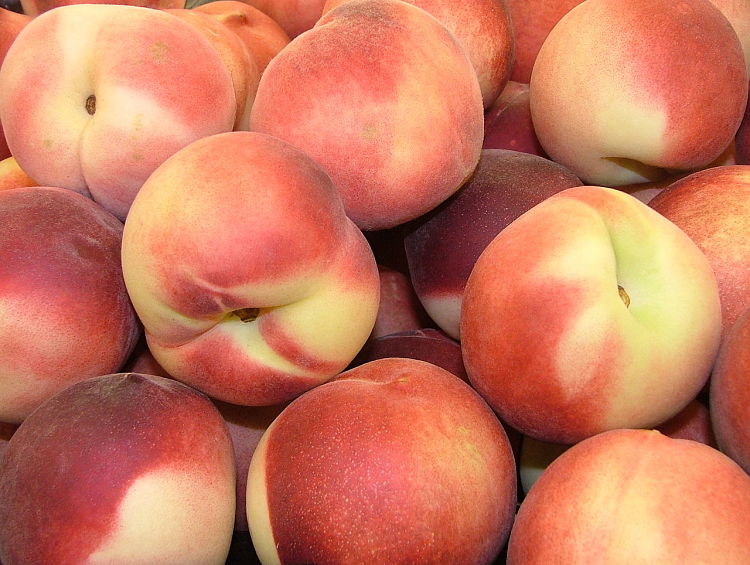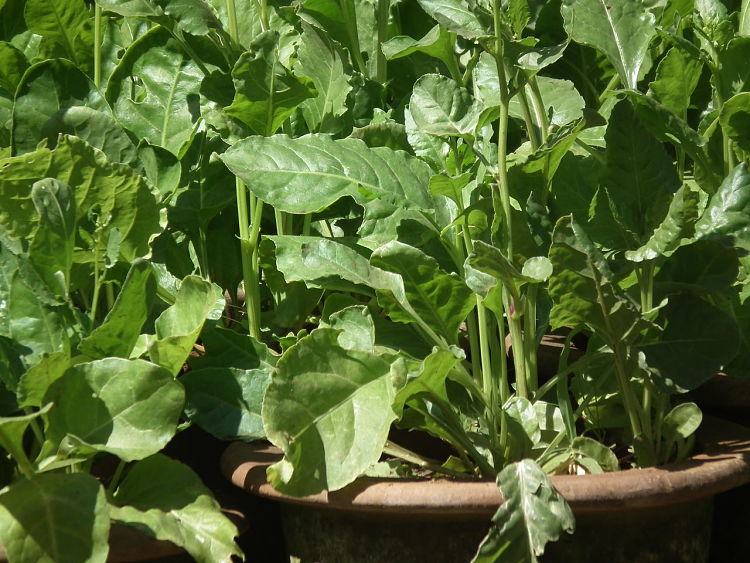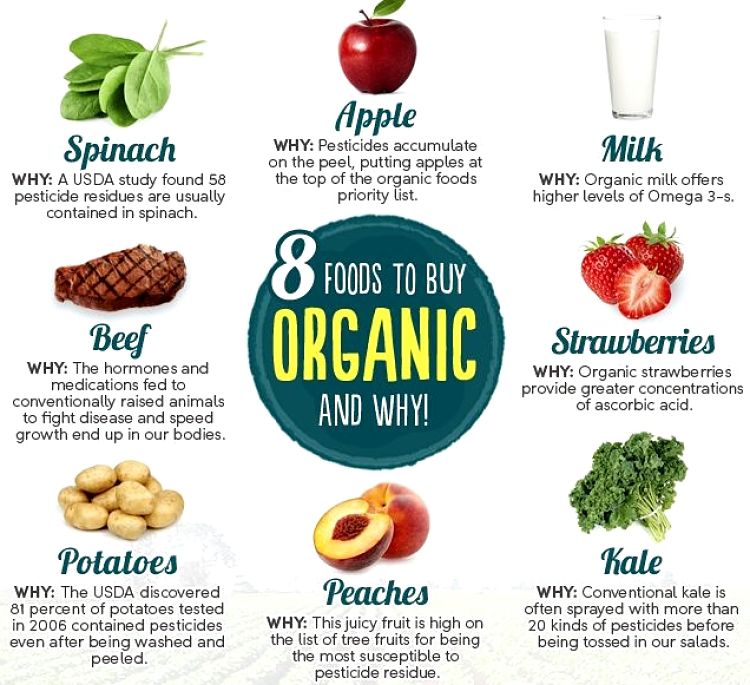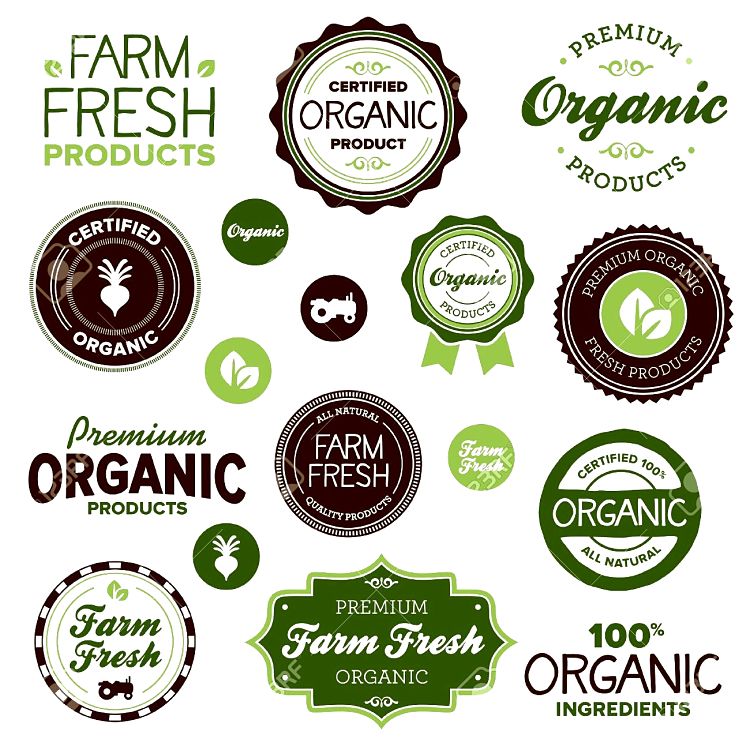Best Organic Foods to Buy and Grow Yourself to Avoid Residues
While there is a lot of merit in buying organic food for personal health and the health of the planet it can be very expensive.
Like many things the chemical contamination and residues in conventional foods can be classified as 'The Good, The Bad and The Ugly'.
Fortunately, both the cleanest and least contaminated foods and the dirtiest and most contaminated foods have been defined by the Environmental Working Group (EWG), a non-profit organisation.
So with these lists and some knowledge of availability, price and home growing potential, this article identifies the top six food items that have the highest merit for buying organically or growing yourself, as replacements for conventional products contaminated with pesticide and other chemical residues.
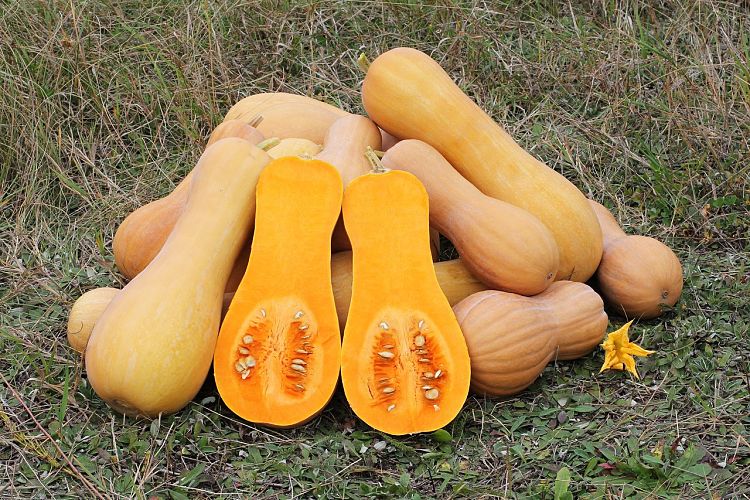
The Good' - Least Contaminated foods - EWG 'Clean 15'
These fifteen conventionally grown foods that have the lowest pesticide levels after washing and normal preparation:
► Onions
► Avocado
► Cabbage
► Mangoes
► Papayas
► Eggplant
► Asparagus
► Mushrooms
► Grapefruit
► Kiwi fruit
► Pineapples
► Sweet corn
► Sweet peas
► Cantaloupe
► Sweet potatoes
'The Ugly' - Most Contaminated Foods - The EWC 'Dirty Dozen'
The EWC lists 12 foods with the highest pesticide residues. It has been estimated that people could lower their daily intake of pesticides by more than 70% by choosing alternatives to these foods or buying them as organic produce
► Apples
► Celery
► Grapes
► Peaches
► Spinach
► Potatoes
► Cucumbers
► Hot peppers
► Nectarines
► Strawberries
► Cherry tomatoes
► Sweet bell peppers
► Kale and collard greens
► Zucchini (Summer squash)
Top 6 Best Buys as Organic Produce or Items to Grow Yourself
Now while it would be desirable to buy all 12 of these as organic produce this could be very expensive and many of them are not widely available. So working on a compromise and considering price, availability and ease of growing these items in the home garden what would be the top 5 items to buy organically?
Potatoes
Generally organic potatoes are relatively cheap and they are such a staple food that this is a good choice. Conventionally grown potatoes have a 'bad' reputation with more than 80% tested having pesticide residues even after being washed and peeled. Many of the nutrients occur in, or near the skin, and unpeeled organic potatoes are the best choice.
Apples
Once again, there are many nutrients and fiber in, or close to, the peel of apples. Many people like to eat apples unpeeled and they quickly go brown once peeled. Studies have shown that apple peel is often highly contaminated with pesticides that can't be removed by washing. Organic apples are relatively cheap and so they are a good choice to buy organically
Strawberries
Conventional strawberries are often contaminated with pesticides and fungicides. Their softness and lack of a hard external skin makes them particularly vulnerable. Organic strawberries are expensive but are a good buy as a treat. Strawberries can be easily grown at home in garden beds and containers.
Tomatoes
Although tomatoes are not listed above, organically grown ones often have more taste and the species available are much better than the conventional supermarket varieties. Be very careful of tomatoes bought from Farmers Markets and from local road-side stalls as the use of pesticides and other harmful chemicals is widespread, even during the ripening withdrawal phase. Homegrown tomatoes are fabulous in taste and texture and can be picked when just ripe. Once again tomatoes, especially the smaller cherry types can be grown in pots.
Kale and Spinach
Green leafy vegetables are often sprayed with pesticides and can be some of the worst offenders for residues, even after washing.
Green leafy vegetables are also some of the worst offenders for bacterial contamination during processing. Many food borne illness outbreaks have been traced to kale, spinach and other leafy green vegetables. These foods can be easily grown in home gardens
Peaches and other Stone Fruit
Peaches, and other stone fruit are very susceptible to pesticide residues, even after being washed and peeled. These items are good to buy organically.
Consider Buying Organic Meat, Eggs and Milk as Well
Beef, Eggs, Milk Products, Chicken and other poultry are worth buying as organic products. You should also buy 'free-range' products as well. But be careful, because 'organic' and 'free-range' are not the same things. Organic eggs can be produced by caged chicken fed organic meal and not treated with chemicals and hormones.
